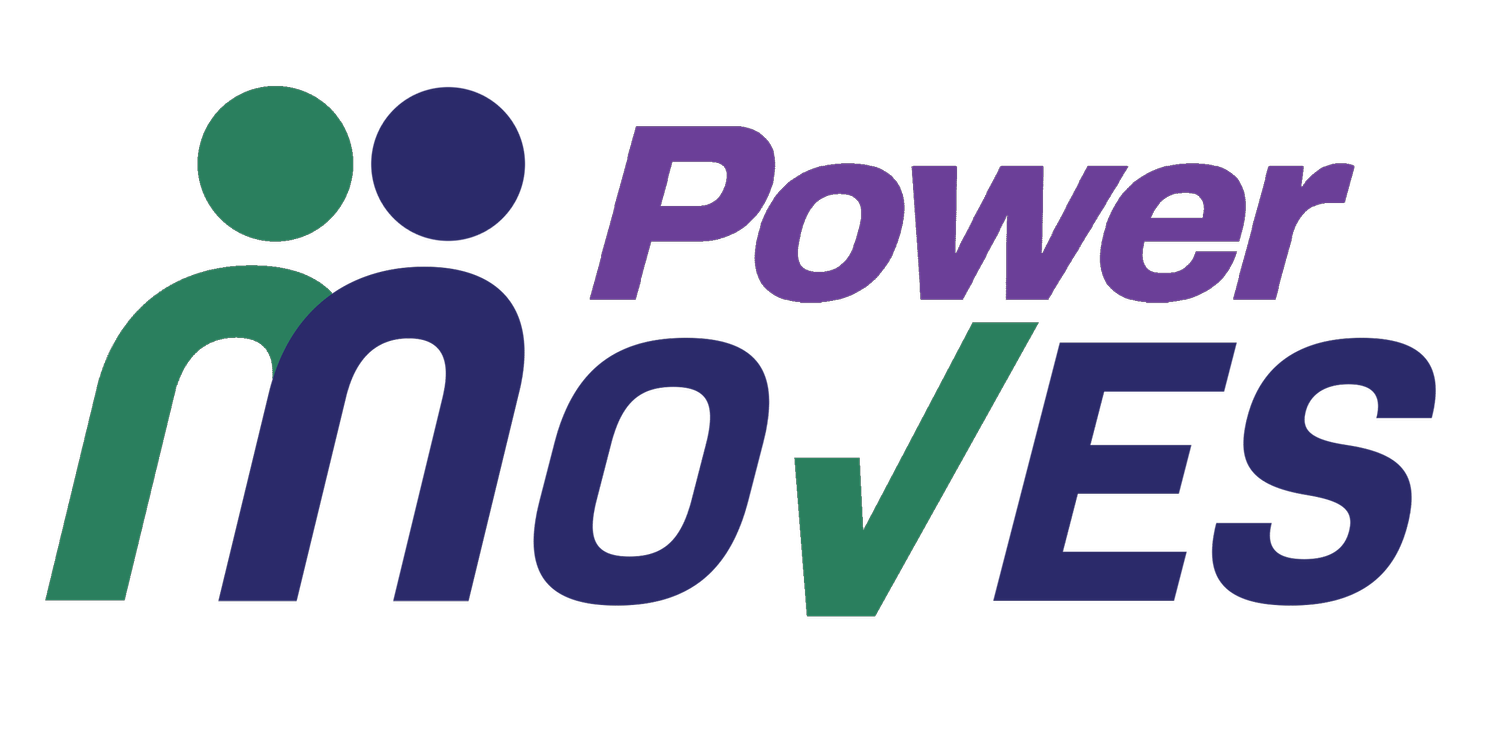
LGBTQ+ Friendly
Where you are welcome & where you count.
Are you thinking of moving because your current hometown no longer feels safe? Are you wondering where you could build a new life where you and your family can truly flourish?
You are not alone.
Why Location Matters More Than Ever
Most relocation guides only focus on safety and community. We think there's another crucial factor: the impact of your vote.
When you live in areas where election outcomes are predetermined—whether heavily red or heavily blue—your individual vote can feel meaningless on the issues that matter most to your daily life.
In competitive swing areas your voice is amplified. Every vote genuinely matters.
Elected officials must listen to ALL constituents, not just their base, creating opportunities for dialogue and compromise, & helping build communities that are welcoming and safe for everyone.
Research-backed recommendations • Non-partisan analysis
Ready to Explore Your Options?
Vetted locations meeting all our safety & political criteria
Detailed community profiles with local resources
Connection to LGBTQ+ organizations in each area
Practical relocation planning tools
Why You Can Trust Us
We're strictly non-partisan, using data from trusted, independent sources to identify communities that offer the powerful combination of:
LGBTQ+ safety & legal protections
Welcoming communities & support networks
Affordable cost of living
Competitive elections where your vote truly matters
Our research sources include: Human Rights Campaign Municipal Equality Index, Movement Advancement Project, Cook Political Report, CenterLink community resource, Niche.com, Walk Score, AARP Livability Index
Move somewhere safe and welcoming & where you can help shape a better future for everyone.
Research-backed recommendations • Non-partisan analysis











